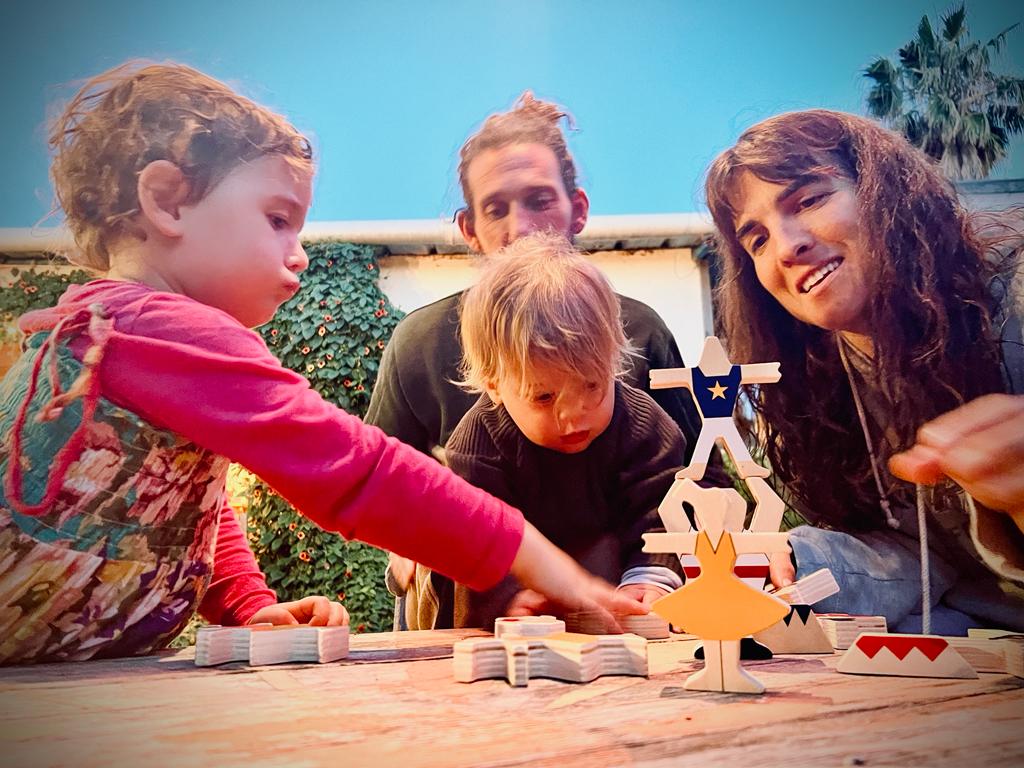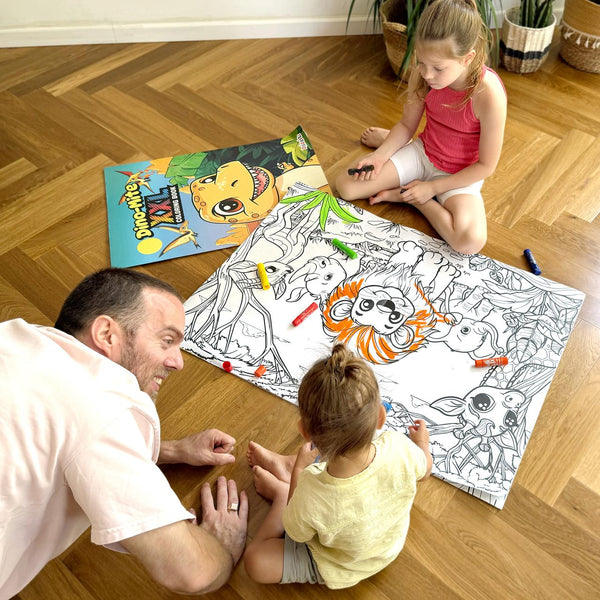
The Power of Family Time: Why Playing Together Matters
Table of Contents
In our busy, modern lives, it’s easy to lose sight of the simple moments that bring us closer together as a family. Yet, some of the most valuable experiences we can share with our loved ones come from time spent playing, creating, and laughing together. Family time is more than just fun; it’s an essential part of building lasting relationships and fostering emotional well-being.
When we sit down to play or work on a project together, we’re doing more than just passing the time. These moments help strengthen the bonds between family members, allowing for open communication and shared joy. Children, in particular, benefit from this kind of quality time. Through play, they develop social skills, learn cooperation, and gain confidence in their abilities. It’s a natural and joyful way for them to explore the world, with the added support of their family by their side.
Family playtime also provides parents and caregivers a unique opportunity to step away from daily pressures and fully engage with their children. In a world where we’re often pulled in many directions, play offers a chance to reconnect and focus on what truly matters—our relationships with one another. Whether it’s through games, crafts, or simply spending time in each other’s company, these experiences help create lasting memories that are cherished for years to come.
Moreover, playing together fosters creativity and problem-solving. Whether building something from scratch or figuring out a challenge, these activities encourage families to work as a team, sharing ideas and finding solutions together. This collaborative spirit carries over into everyday life, teaching both children and adults the value of cooperation and mutual support.
But the benefits of family time aren’t just for the kids—adults benefit, too! Play allows parents to let go of stress, tap into their own creativity, and experience the joy of seeing the world through their children’s eyes. It’s a reminder of the importance of being present, of savoring the small, everyday moments that make family life so special.
Ultimately, family playtime is about more than just entertainment; it’s about connection, growth, and shared experiences. It’s a way to bring us back to what’s truly important—each other.
So, whether it’s an afternoon of crafts, a weekend game night, or simply sitting together for a creative project, take the time to make those moments happen. After all, it’s in these moments that lifelong memories are made, and family bonds are strengthened.
Latest Post
-

Top 15 Benefits of Wooden Toys for Your Child
Jul 15 2025, 05:34AM
-

Why XXL Coloring Books Are Taking Family Fun to the Next Level
Jun 23 2025, 10:13AM
-

How to Clean Wooden Block Toys?
Jun 19 2025, 04:43AM
-

10 Benefits of Pretend Play in Early Childhood
Jun 10 2025, 01:42AM
-

Creative Play
Mar 17 2024, 08:25AM








